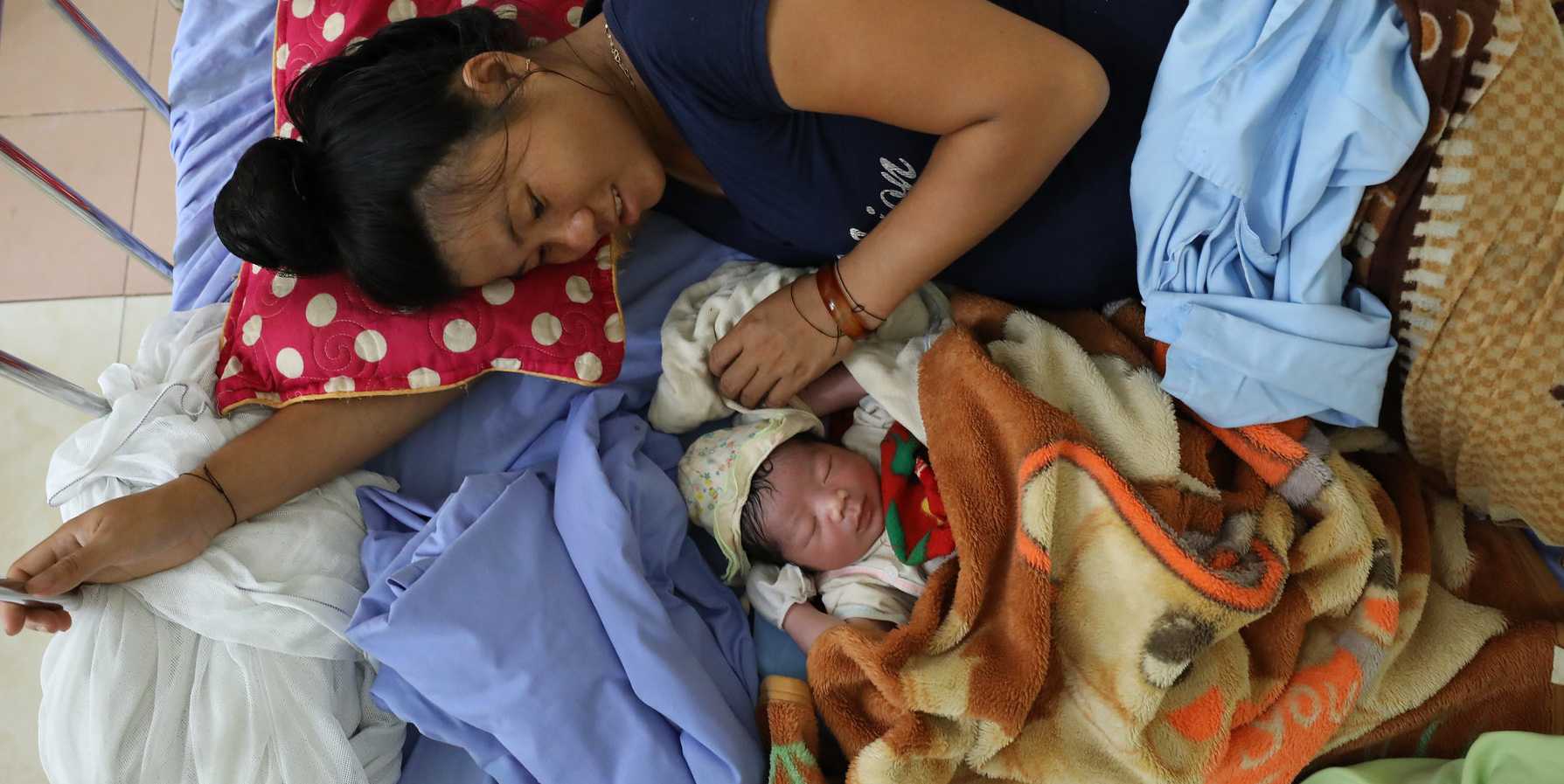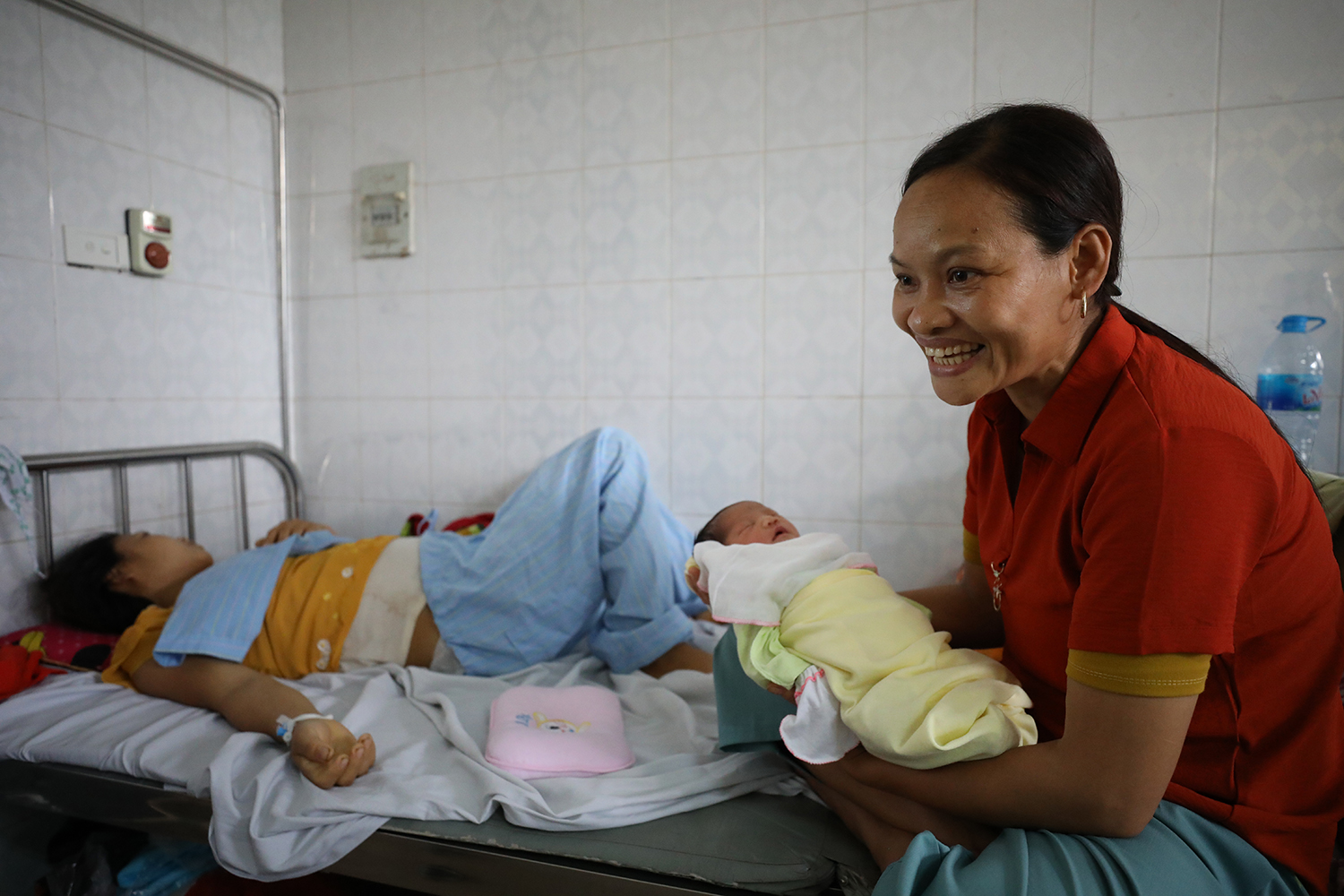Vietnam
The GFF is playing a pivotal role in Vietnam’s efforts to prioritize building more resilient primary health care systems that respond to the needs of women, children and adolescents.
Through a buy-down of the a World Bank loan, the GFF is supporting the government to strengthen primary health care at the grassroots (commune) level through improving infrastructure, equipping health stations, and training community health workers to respond to the shift in disease burden, from communicable to non-communicable diseases (NCDs). Through this support, commune health stations, particularly those in rural and remote communities, are able to take on a new role in screening and managing NCDs while at the same time ensuring continued improvements in the quality of reproductive, maternal, newborn, child, and adolescent health services.
In 2021, the project facilitated training of 245 health workers on the management of tracer conditions and increases in newborn deliveries attended by skilled health personnel. The number of hypertension and diabetes cases managed at community health service level rose by 21 percent and 38 percent respectively, and nearly 32,000 more women were screened for cervical cancer in 2021 compared to the year before. Other priorities include improving continuity of care and collaboration across levels of the health system and enhancing electronic medical records technology.

